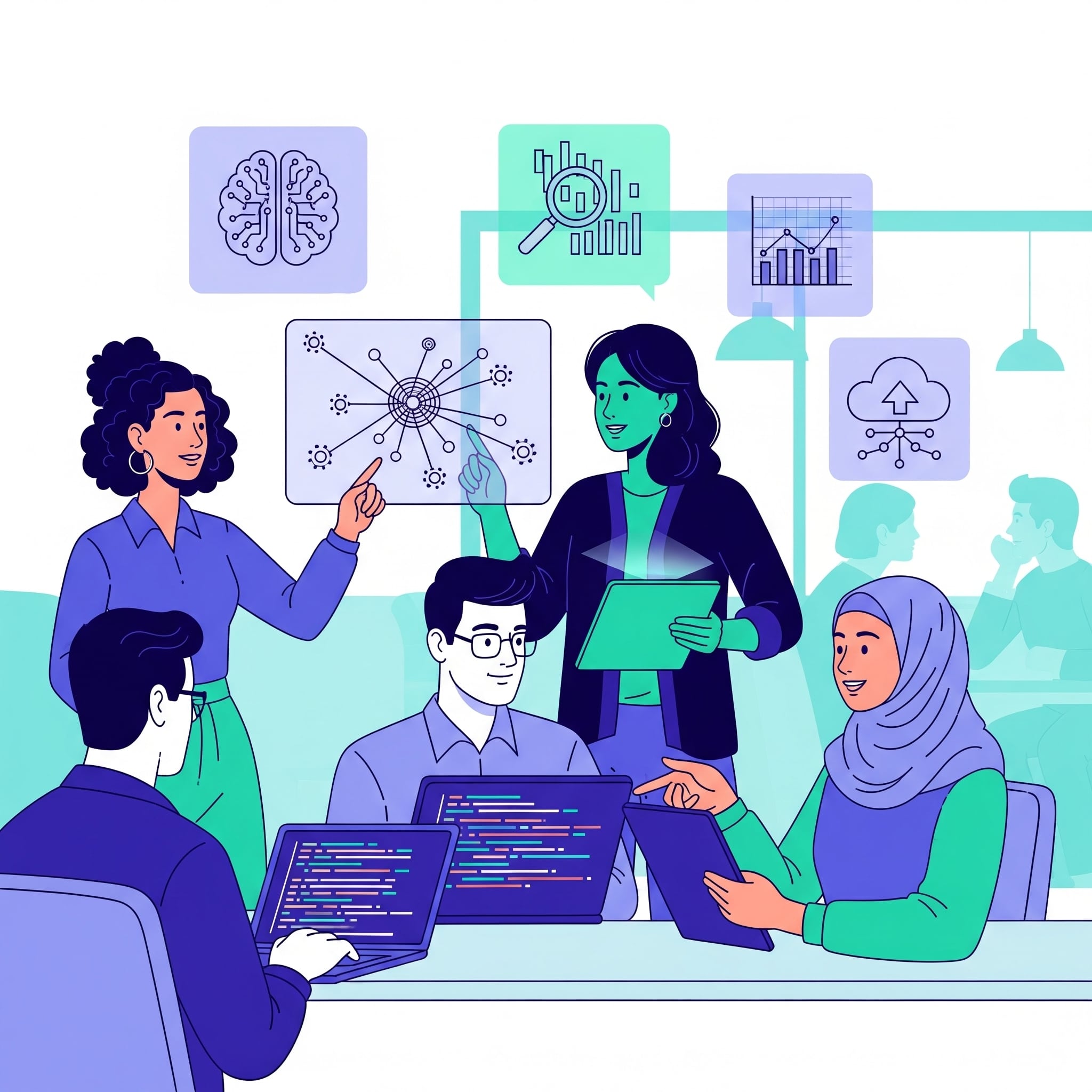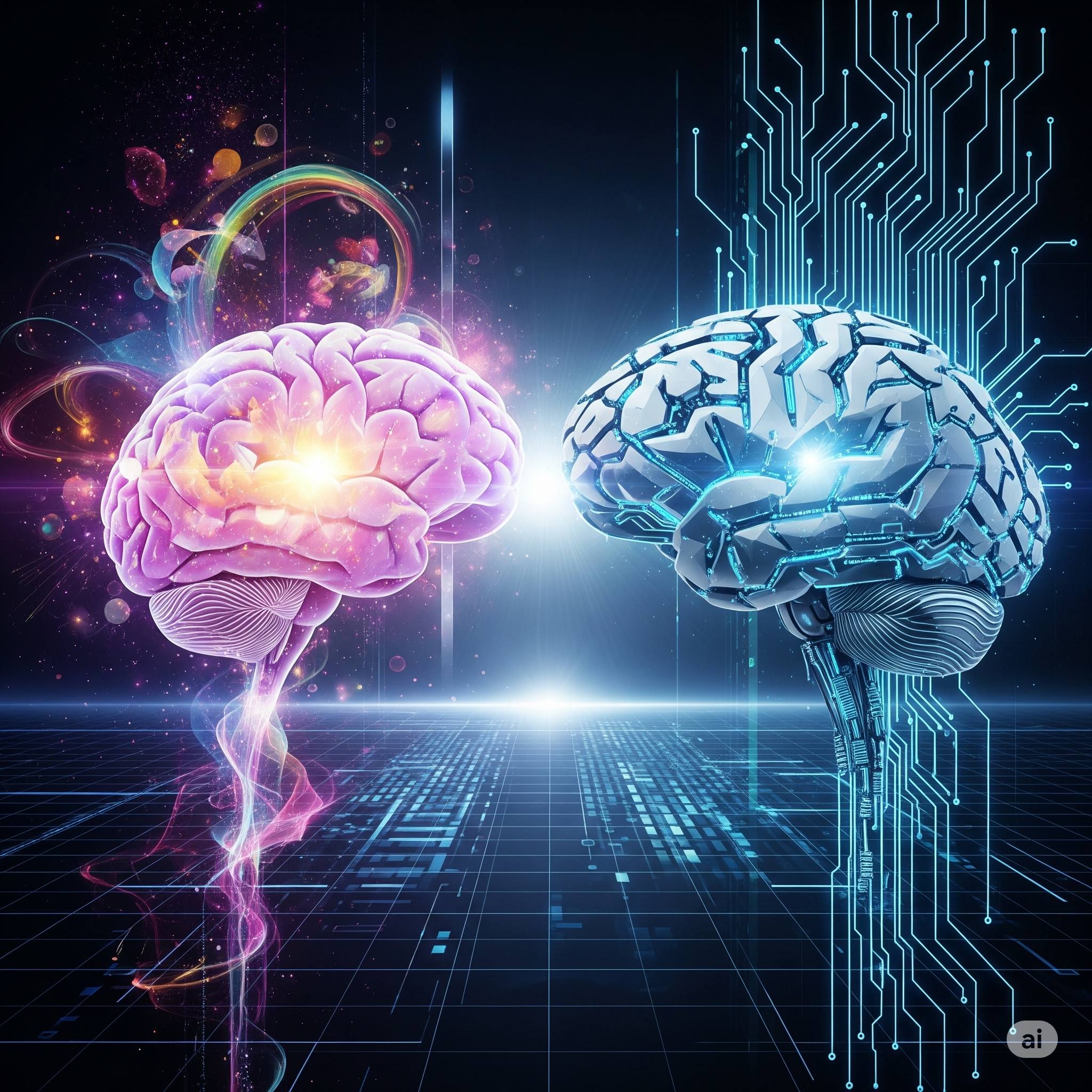Future Skills & Career Opportunities in 2025 – How to Stay Ahead

📅August 14, 2025
Suppose you walked into the scenario of the year 2025. The globe is abuzz with fresh employment and intelligent machines.
What are the skills that will make you successful? What careers will have the highest demands? Will robots replace our jobs — or will there be new, exciting professions?
This guide is designed for students, job seekers, and professionals to help you navigate the changing job landscape.
Future Skills and Careers in 2025
Experts predict that by 2030, 39% of skills today will become obsolete. While that may sound frightening, it also means huge new opportunities.
Artificial intelligence, big data, and renewable energy are reshaping the job market. Professions such as AI specialists, data scientists, and renewable energy engineers are growing rapidly.
💡 In short: The future of work will reward those who keep learning and stay curious.
Why Future Skills Matter
The World Economic Forum projects 170 million new jobs by 2030, while many existing jobs (like basic clerical work) will disappear. The result? A net increase of 78 million jobs, mostly in tech and sustainability sectors.
Employers now value flexibility and technical expertise more than ever. When machines handle routine tasks, humans will focus on creativity, innovation, and problem-solving — skills that AI can’t replicate.
Most Important Technical Skills of the Future
AI & Data Science – Building AI applications and interpreting large datasets.
Cybersecurity & Networks – Protecting systems and data from cyber threats.
Software & Automation – Coding and developing automated processes.
Cloud Computing – Managing services on platforms like AWS and Azure.
📌 For a deeper look at how tech careers are evolving, read 2025 Web Dev Job Market Trends: Salaries, Freelance vs Full-time.
Soft Skills Required for Success
Adaptability & Lifelong Learning – Stay flexible and ready to learn.
Creativity & Problem-Solving – Develop innovative solutions.
Communication & Teamwork – Collaborate effectively across teams.
Critical Thinking – Make informed decisions and solve complex challenges.
The World Economic Forum lists creative thinking, resilience, and curiosity as rising in demand — these skills make technical expertise truly impactful.
Industries with Promising Futures
Information Technology – AI, programming, cloud, cybersecurity.
Green Energy & Sustainability – Solar, wind, EVs, and eco-innovation.
Healthcare & Biotech – Telemedicine, biotech research, medical devices.
Finance & FinTech – Blockchain, cryptocurrency, mobile banking.
Education & EdTech – Digital learning platforms and online teaching.
Creative Media & Design – Digital marketing, animation, game design.
📌 Curious how AI will affect your industry? Read How AI Will Change the Job Market in the Next 5 Years.
How to Prepare: Learning for Tomorrow
Take Online Courses – Learn AI, coding, cybersecurity (Coursera, edX).
Work on Projects – Build apps, websites, or data dashboards.
Stay Curious – Follow tech news, podcasts, tutorials.
Learn with Others – Join study groups, coding clubs, online forums.
Embrace Lifelong Learning – Seek roles that offer training opportunities.
Attend Workshops – Participate in hackathons or tech fairs.
Conclusion
The future job market will demand both technical skills and human skills. Sectors like AI, data, cybersecurity, and green energy will thrive, but adaptability, creativity, and lifelong learning will remain essential.
The future is full of opportunities — and those who start preparing today will be the ones who succeed tomorrow.
